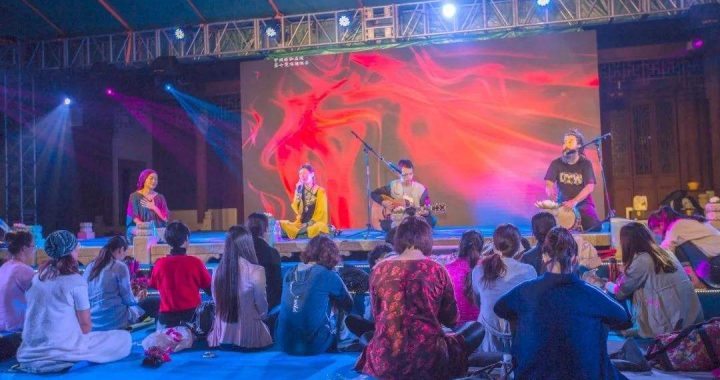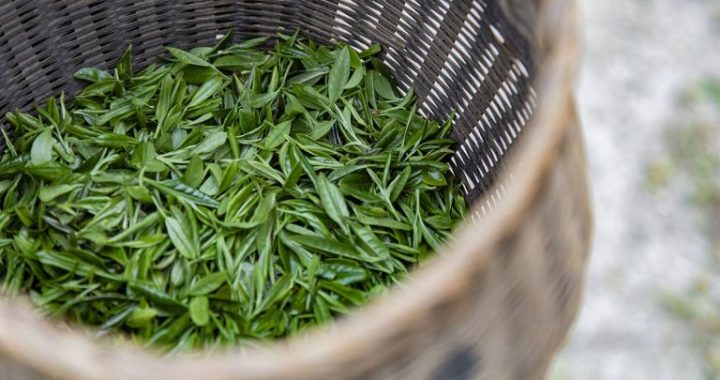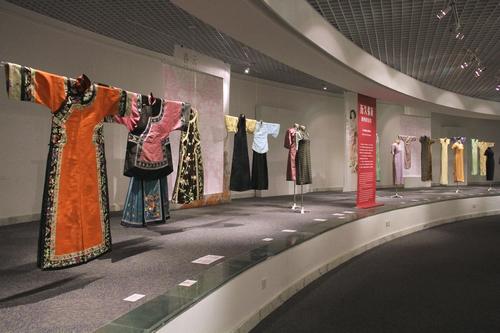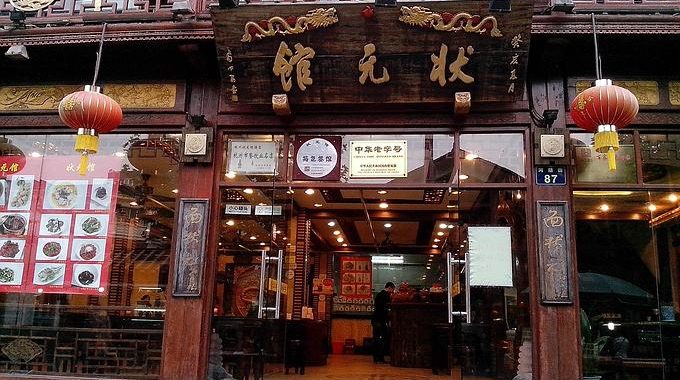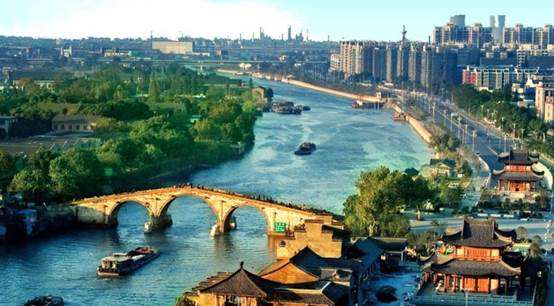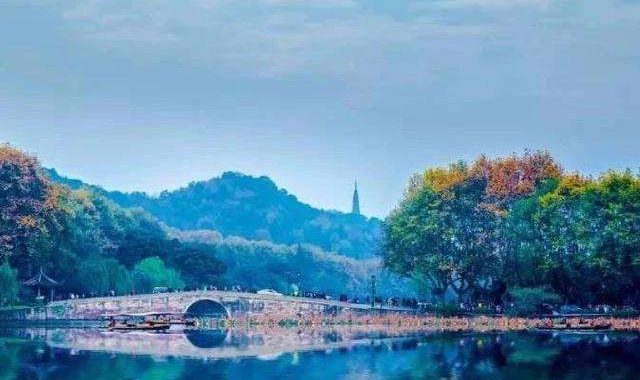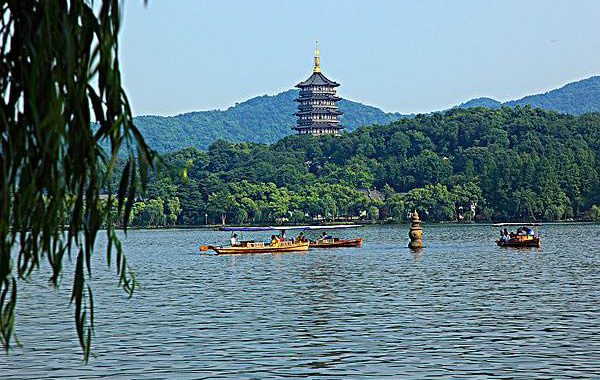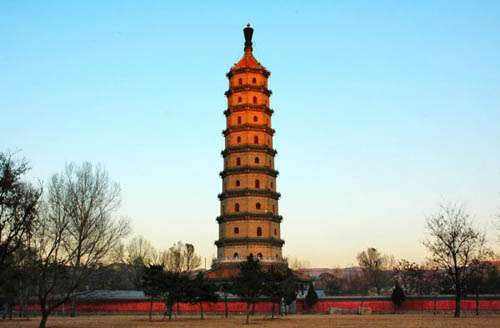The Pilgrim and the Hermit
4 min readBuddhist monasteries have a tradition of taking over the most scenic mountains, which makes paying them a visit a must if you want to appreciate Hangzhou from the clouds. You can wander in the vast mountains to the southwest of West Lake following the ancient paths through forests once traversed by hermits;or,you can pretend to be a pious pilgrim,offering incense and praying for health and fortune in the famous temples in Tianzhu and Lingyin.Buddhist or not,the spiritual self will feel at home in Hangzhou’s monastery-adorned mountains.
The local government’s care for these sites guarantees a good monastery experience.
Tourists are given three pieces of environmentally-friendly incense for free upon entrance but you’re not allowed to bring your own due to the effects that they can have on the environment.
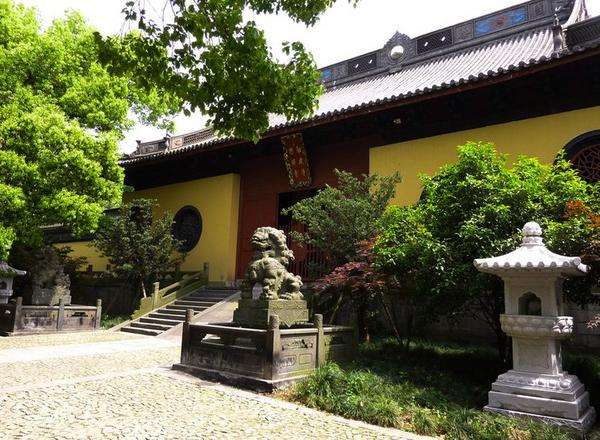
However,as safe and peaceful as a day in the mountains can be,there are a few things you’re going to need to remember:ladies should wear pants,not skirts;do not walk in between a praying person and the Buddha to which they are praying;in most cases,Buddhist monks do not want you to photograph the statues in prayer halls,but you can try to ask for permission if you want;and,above all,do not waste food if you dine in a monastery.
The Maverick Monk
“lonly wish that West Lake was filled with wine.Then I would lie by its side with my gown loose,taking a swig whenever a wave swept upon me.”While most ancient Chinese poets were indeed known for their excessive drinking,this poem stands out because it was written by a Buddhist monk called the Venerable Daoji who,it goes without saying,was supposed to be a teetotaler.Besides the bottle,Daoji also enjoyed various sundry pleasures like meat and the company of women-as much as his wallet would allow.He despised his contemporaries for their hard-working,austere practices,claiming the gate of a monastery was like a gate to hell-believing that monks were as blind in themind as donkeys and that contemplation and sutra reading only serve to make one lifeless.

Daoji lived his wildest days in Hangzhou;he died and was buried in the city,a homethat indulged his hedonism.While most of his fellow monks wanted him defrocked,the abbots of two ma jor Hangzhou monasteries,Lingyin Temple and Jingci Temple,saw the wisdom behind his insanity and patronized him for much of his life.Daoji’s fame was,one might say,a mixed bag.Apart from his sinful deeds,Daoji was known among those who knew him as a generous friend,a benevolent character,and a philosopher who lived his faith,as well as a refined poet and calligrapher.Before his death,he wrote his last poem:”The 60 years of my life are a mess,and I’ve been banging on walls.Now I’ve packed up and come home and see only the azure sky connecting to the ocean,the way it was when Ileft.”
For his love of life,he accumulated fame and veneration,later known as a monk of unsurpassable wisdom and a heart of true Buddha-hood beneath his drunken exterior.In Ming and Qing novels,he was even depicted as possessing supernatural powers,the savior of the unfortunate,and a punisher of evil.Remembered by the nickname“Jigong”(the Monk Ji),he remains a favorite monk in the minds of the Chinese people,and his lore is still passed on in novels and TV shows today.In many Chinese monasteries,Daoji is enshrined as a deity,a skinny monk in a tall,pointed hat and shabby robes,standing(with difficulty)while holding a cracked fan and,of course,a pot of wine,receiving worship and prayer with a permanent satirical smile.
To some extent,Daoji(in the historical rather than fictional sense)was living the spiritual tradition of Chan that was hundreds of years old by his time.By the late Tang around the ninth century,the Chan sect was a new,vigorous,and rebellious trend in Buddhism.It was unrecognized by the royal court,and Chan monks sustained themselves by building humble residences in mountains,toiling in fields for their own food in collectives and following their own unique Buddhist practices.Mostly,they didn’t worship any deities and generally held the belief that Buddha-hood was within everyone.
Independent of both society and government,they broke rules and norms,despised highly-disciplined practices,and considered any form of language useless and misleading.In such a context,many of the early Chan masters are known for being unconventional,but Daoji is remembered as a pop culture icon.

Although the Chan sect went through some transformations afterward-losing some of its anarchical,anti-establishment spirit-they fundamentally changed Chinese Buddhism,as well as China’s mountains.Chan monasteries not only made the green mountains of Hangzhou habitable,the monks also took great pains to beautify the landscape by planting trees and bamboo with a Zen aesthetic.Throughout the history of Hangzhou’s mountain monasteries,much has been destroyed,but what remains today is a rich legacy of ancient forests and a spirit of reflection.
A statue in Hupao Park of venerated monk Daoji

You can pay homage to Daoji in Lingyin Temple,where there is Jigong Hall with frescos telling his tales.The fresco,although painted in 2011,was done in an elegantSouthern Song Dynasty style by artist Lin Haizhong,and it’s worth the time it takes to go and see it.
You can see more of Daoji in Hupao Park,where he was buried and enshrined.Although,the best way to salute the Chan master is perhaps wandering in Hangzhou’s lush green mountains and pondering the meaninglessness of life with wine inhand.
